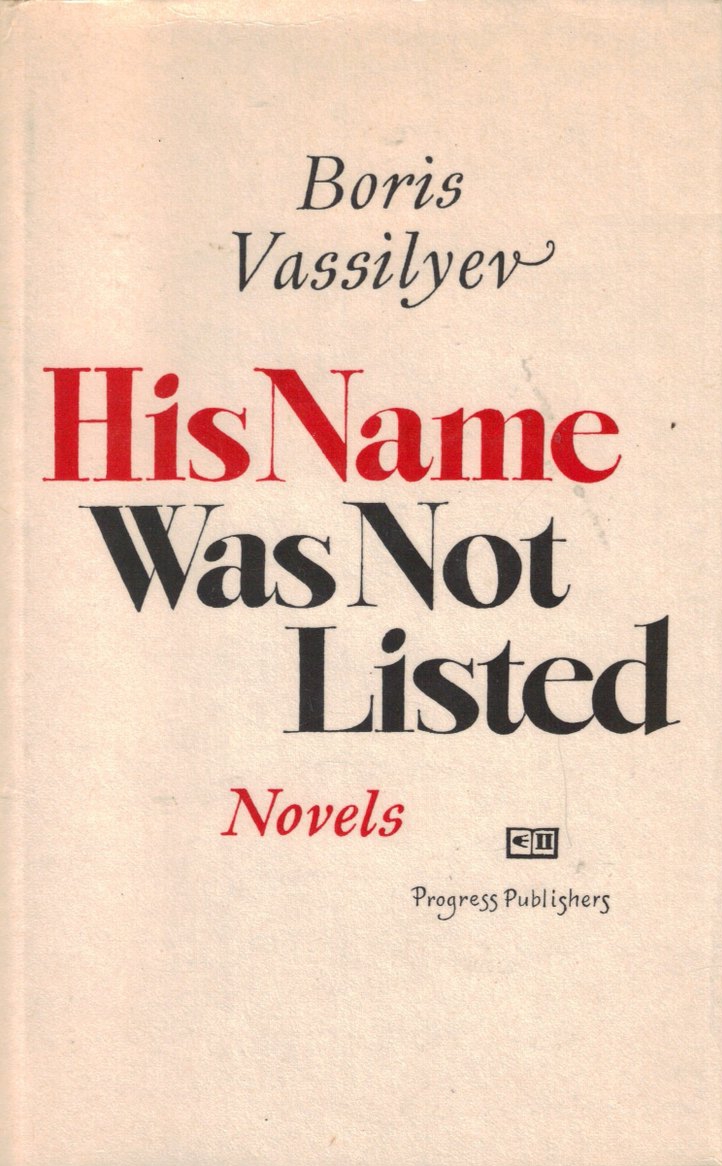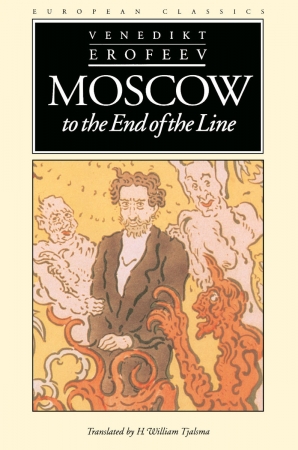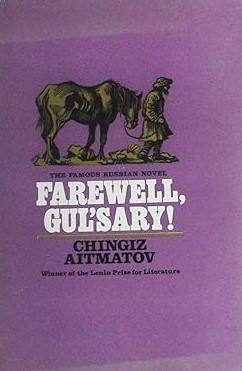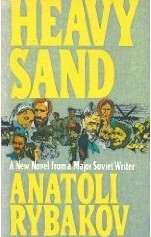
His Name Was Not Listed
Book Description
A forgotten soldier’s legacy shatters the surface of mundane lives in a tranquil Russian town. Secrets unravel as a young man discovers a haunting photograph, igniting a relentless quest for truth buried underneath layers of silence. Compelled by the ghosts of war, he navigates a web of betrayal and buried histories, pulling friends and foes alike into a storm of unresolved guilt. Hearts race as destinies collide, revealing the haunting cost of choices made in the shadows. Who will rise from the ashes of memory, and who will be left forever marked by the past?
Quick Book Summary
"His Name Was Not Listed" by Boris Vasilyev is a poignant historical novel set in a seemingly unremarkable Russian town that still bears the scars of World War II. The story begins when a young man stumbles upon an old photograph, prompting a relentless investigation into a soldier whose sacrifices were never officially recognized. As the truth unfolds, tightly guarded secrets and half-forgotten betrayals come to light, forcing the townspeople to confront the personal and collective costs of war. Through vivid storytelling and complex characters, Vasilyev explores themes of memory, guilt, and redemption, examining how the echoes of history shape the present. Ultimately, the novel asks who truly gets remembered after the turmoil of conflict and how communities deal with the shadowy legacies that refuse to remain buried.
Summary of Key Ideas
Table of Contents
The Haunting Legacy of War
A tranquil Russian town, outwardly untouched by the ravages of war, forms the backdrop of Vasilyev’s story. The town’s outward stillness masks the lingering traumas of World War II, evident in the reserved interactions and the cycle of denial among its residents. This stagnancy is disrupted when a young man, Andrei, discovers a mysterious, haunting photograph in a deserted attic while searching for clues about his own past. The photograph depicts a soldier whose name, curiously, is not inscribed anywhere, triggering Andrei’s obsession to uncover his story.
Uncovering Forgotten Truths
The search for the unnamed soldier’s identity unearths a hidden past that many wish would remain forgotten. As Andrei presses forward, he encounters resistance from elders who guard painful memories, but also unexpected allies among those who yearn for truth and closure. The investigation forces Andrei and the townspeople to revisit painful decisions and betrayals endured during war—stories of survival, collaboration, and sacrifice. These revelations challenge the simplified local narrative of heroism and loss, revealing a more complex tapestry of humanity shaped by conflict.
Guilt, Silence, and Reconciliation
Guilt and silence pervade the town, manifesting both in personal stories and the collective psyche. Many characters are forced to reckon with choices made during desperate times, which have impacted generations. Some carry unresolved guilt; others cling to silence as a shield against shame. As Andrei’s quest gains momentum, the weight of unspoken histories drives conflicts and unlikely reconciliations. The process of truth-seeking becomes an act of both healing and rupture, stirring up emotions buried for decades.
The Search for Personal and Collective Identity
The novel also traces Andrei’s evolving self-understanding as he confronts the moral ambiguities of the past. His journey leads him to grapple with questions of identity—both his own and his community’s. As the fate of the unnamed soldier becomes intertwined with the town’s sense of itself, Vasilyev illustrates how personal quests can reshape collective memory and redefine what it means to belong. Through these revelations, the novel probes the fragile boundaries between remembering and forgetting.
Remembering the Unnamed and the Cost of Memory
In its final pages, "His Name Was Not Listed" meditates on the fate of those erased by history. As Andrei’s quest brings closure for some, it also leaves indelible scars and unanswered questions. Vasilyev suggests that memory is both a burden and a blessing: by recalling the unnamed and confronting uncomfortable truths, communities can begin to heal, though at great emotional cost. The novel leaves its readers pondering who truly inherits the past—those who remember, or those who try to forget.
Download This Summary
Get a free PDF of this summary instantly — no email required.





